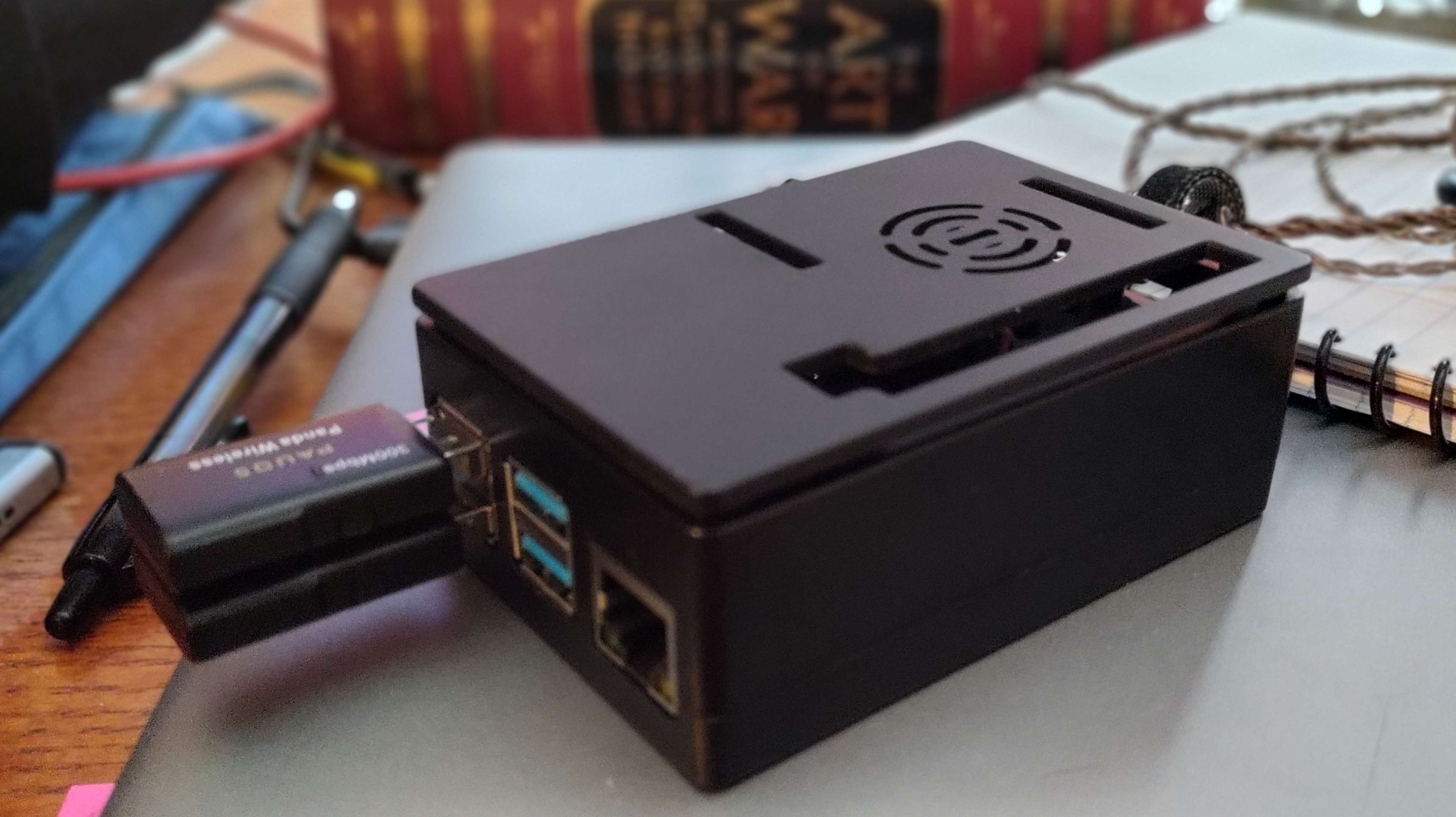

And what does trust have to do with it?
I think they mean trust in the librarian to genuinely know the policy and what should work. They tend not to in this case because ethernet has become obscure enough to be an uncommon question, if ever.
Another library had ethernet ports all down the wall next to desks. They were dead and no one used them. It was obvious that the librarian had no clue about whether the ports were even supposed to function. When I said they are dead and asked to turn them on or find out what’s wrong, they then figured that if the ports don’t work, it must be intentional. So the librarian’s understanding of the policy was derived from the fact that they were dysfunctional. Of course if they were intended to work but needed service, ethernet users are hosed because the librarian’s understanding of policy is guesswork. There is no proper support mechanism.
I asked a librarian at another library: I need to use Tor. Is it blocked? I need to know before I buy a membership. Librarian had no idea. They just wing it. They said test it. Basically, if it works, then it’s acceptable. The functionality becomes the source of policy under the presumption that everything is functioning as it should.
Since ethernet has been phased out, modern devices no longer include an ethernet NIC, and there are places to plug into A/C with no ethernet nearby, the librarians and the public are both conditioned to be unaware of ethernet. So the answer will only be either: no or test and see.



You may be misunderstanding the thesis. This is not really about staying out of trouble. Or more precisely, as an activist up to my neck in trouble it’s about getting into the right trouble. The thesis is about this trend of marginalising people with either no phone and/or shitty wifi gear/software and a dozen or so demographics of people therein who do not so easily give up their rights. It’s about exclusivity of public services funded with public money. Civil disobedience is an important tool for justice outside of courts.
The security matter is really about competency and cost. The main problem is likely in the requirements specification conveyed to the large tech firms that received the contract. From where I sit, it appears they were simply told “give people wifi”, probably by people who don’t know the difference between wifi and internet. In which case the tech supplier should have been diligent and competent enough to ask “do you want us to exclude segments of the public who have no wifi gear and those without phones?”